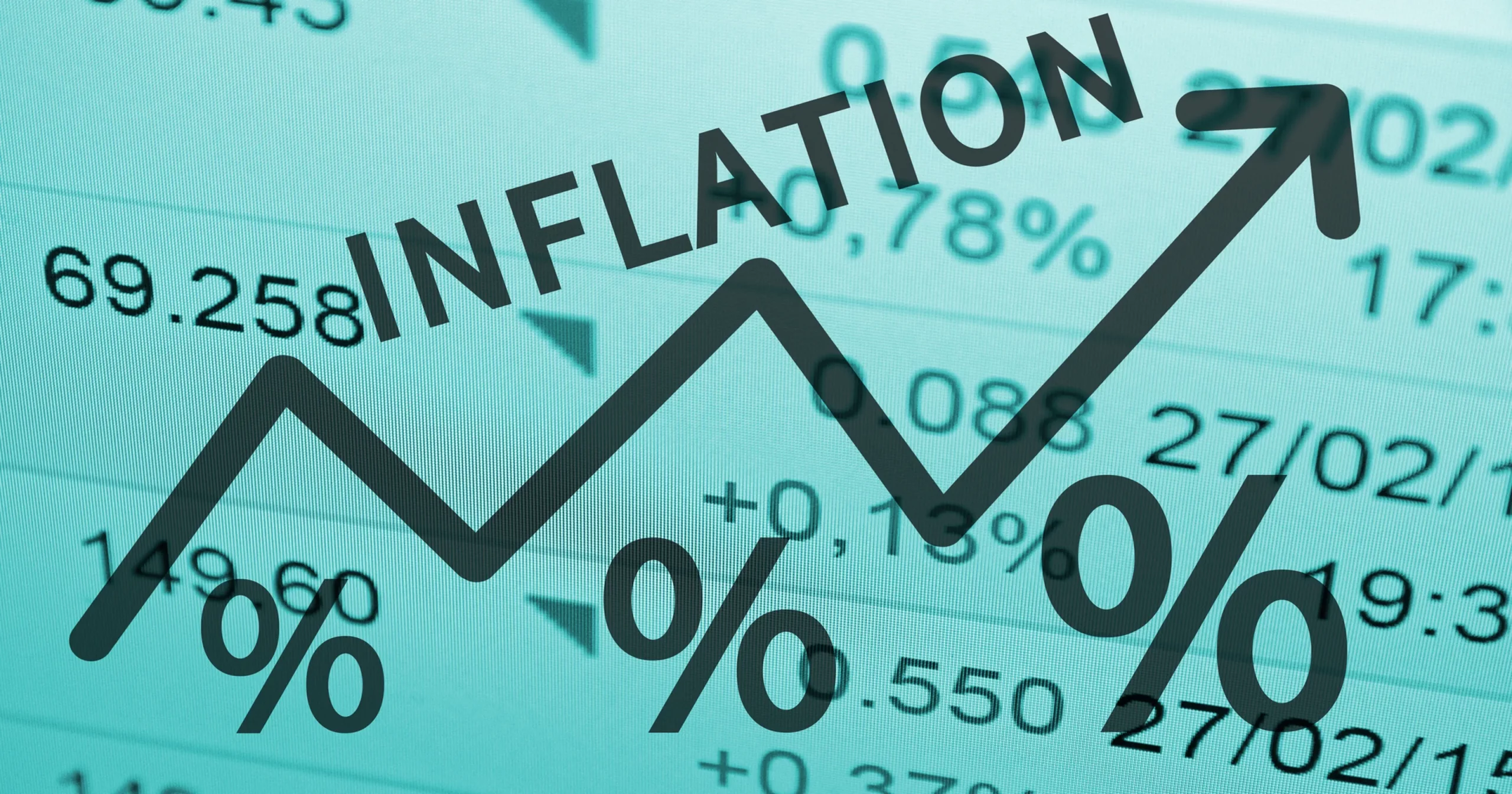
Global Inflation Watch: Key Updates for Five Major Economies
12 апреля 2024
171 views
Canada:
Despite the Bank of Canada maintaining its key interest rate at 5% this week, there’s speculation about a possible rate cut in June if cooling inflation persists. Inflation has decreased to 2.8%, with forecasts expecting a further decline to 2.7% in March. The Bank foresees inflation hovering around 3% in the second quarter before gradually dropping to 2% by the end of 2025. Economists suggest the Bank of Canada may lead the U.S. Federal Reserve in rate cuts due to diverging economic data.
New Zealand:
In New Zealand, the Reserve Bank of New Zealand also held interest rates steady this week. April’s policy review indicates confidence in its decision, but one of the big four APAC banks, BNZ, forecasts inflation will come in at 0.8% in the March quarter (4.2% on an annual basis), much higher than the 0.4% the RBNZ is expecting (3.8% on an annual basis). The surprising price growth in discretionary products like restaurant food and airfares is speculated to contribute to this.
Great Britain:
In Great Britain, traders have drastically reduced their expectations for interest rate cuts by the end of 2024. Megan Greene, a member of the Bank of England’s monetary policy committee, warns that inflation might persist at high levels in Britain longer than in other advanced economies. The UK’s inflation rate dropped to 3.4% year-on-year in February 2024, with forecasts indicating a further drop to 3.1% in March.
Euro Area:
The Euro Area is signaling a potential start to the global interest rate-cutting cycle, with the European Central Bank strongly hinting at a rate cut in June. Incoming data could provide the ECB with confidence to initiate this move. Consumer price inflation in the Euro Area declined to 2.4% year-on-year in March 2024. Forecasts expect this month’s print to remain at 2.4%.
Japan:
At an upcoming policy meeting later this month, the Bank of Japan (BOJ) could contemplate raising its inflation forecast, following unexpectedly strong outcomes from annual wage negotiations, the rise in commodity prices, and the weakened yen. These factors could prompt the BOJ to consider rate hikes sooner. But for now, Japanese inflation is projected to remain at 2.8% year-on-year in March.
The coming week will be crucial for these five countries as they navigate their respective economic challenges and make decisions that could have significant global implications.




